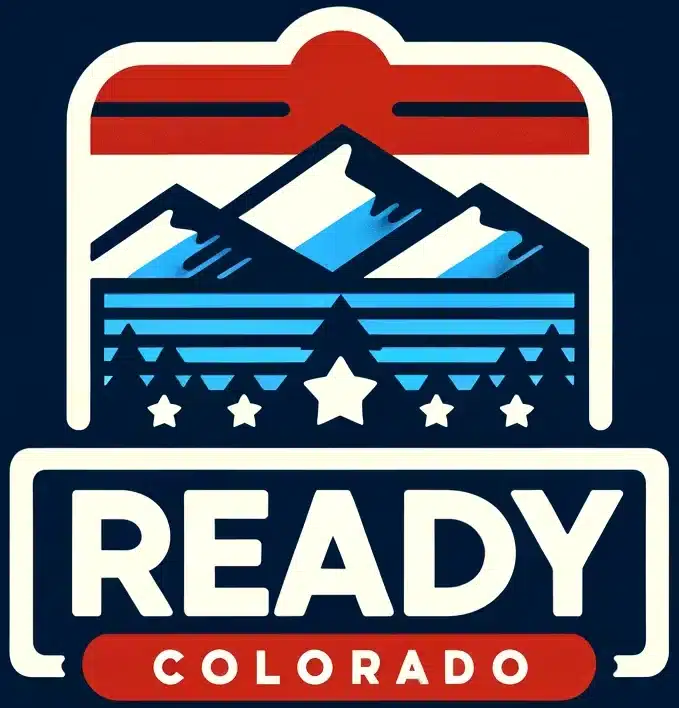Obtaining a driver’s license in Colorado can be a complex process for non-residents. Before trying to get a Colorado driver’s license, it’s important to understand specific requirements. As an advisor who assists non-citizens and non-permanent residents, I’m often asked, “What do I need to legally drive in Colorado?”
This article will provide a comprehensive overview of driver’s license regulations for non-residents in Colorado.
TL;DR
- As a matter of public safety, Colorado requires legal proof of identity and residency status for non-residents seeking a Colorado license.
- Testing and REAL ID compliance add further documentation needs.
- Reciprocal agreements with some countries simplify the licensing process for certain non-residents.
Overview of Non-Resident Driver’s License Requirements
Unlike applying for a license as a Colorado resident, non-residents face additional hurdles. The state must verify the lawful status of all drivers and make sure they meet federal REAL ID requirements. Drivers must also demonstrate competency behind the wheel.
Those new to Colorado must pass vision and knowledge tests, provide extensive documentation, and complete road driving exams. The specific process varies based on your citizenship or visa status.
Impacts on Experiencing Colorado’s Culture
Driving legally enables non-residents to fully participate in Colorado’s local cultures and remote wonders. Without a license, accessing rural mountain towns, national parks, ski resorts, and more becomes vastly limited. Public transportation simply does not reach many of the state’s treasures.
Additionally, a license facilitates community integration, allowing non-residents to carpool, volunteer, and otherwise engage with residents. While possible without driving privileges, having this mobility makes immersing oneself in everything the state offers infinitely easier.
REAL ID Act Compliance Documentation
As a REAL ID-compliant state, Colorado requires extensive proof of identity and legal status for licensing. This ensures non-residents have federally approved driver’s credentials for domestic air travel and entering federal facilities.
The REAL ID star marking on Colorado licenses represents meeting Department of Homeland Security standards. Acceptable documents include unexpired passports, permanent resident cards, employment authorization cards, I-94 forms, and temporary resident documents.
Testing Requirements for Non-Resident Licenses
In addition to documentation, non-residents must pass vision, written knowledge, and driving tests. However, if you have a valid foreign driver’s license from a country such as Canada, France, Germany, South Korea, or Taiwan, the state might waive certain exams.
For instance, Canadian non-residents can skip road tests by showing a valid license from a province with reciprocal privileges. All other non-residents should expect to take standard vision, knowledge, and driving exams.
Proof of Legal Status
Documenting legal status ensures that licenses only go to those legally within the United States. This includes U.S. citizens, permanent residents, asylees, refugees, and individuals with certain visas or work permits.
Those with permanent residency must provide their permanent resident card as proof. Refugees and asylees need official documentation from USCIS. Lastly, visa holders need current I-94 forms, USCIS approval notices, and valid employment authorization documents.
Cross-Border Travel with Enhanced Licenses
Colorado offers enhanced driver’s licenses (EDLs) catering to non-residents along the northern border. EDLs allow entry into Canada, Mexico, and some Caribbean countries without needing a passport.
To obtain an EDL, non-residents must provide proof of identity, legal status, residency, and a Social Security card. As long as documents are approved, EDLs offer an excellent passport alternative for non-residents frequently crossing adjacent borders.
License Renewal and Documentation for Non-Citizens
Non-citizens have varying renewal and documentation requirements depending on their specific status. For instance, undocumented individuals can renew online but must retest in person every three years.
Legal temporary residents such as visa and work permit holders can renew their licenses online, by mail, or in person. However, additional verification is required to prove their lawful presence in the country. These documents include unexpired visas, EAD cards, and proof of current residency. Failing to meet these standards prevents renewals.
Additional Considerations for Non-Resident Licensing
Aside from the major requirements covered, non-residents must meet a few additional conditions. Foreign language documents need certified English translations. All identification must show your full legal name without abbreviations. You must provide residency documents confirming your primary Colorado address. Finally, unless you are a temporary undocumented resident, you must offer your Social Security number.
Between passing tests, documenting identities, and renewing credentials, non-resident licensing in Colorado has its complexities. Yet with this guidance, the process for receiving a valid driver’s license need not be overly burdensome. Reach out for personalized assistance in navigating any aspect.
FAQ
What documents do I need for a Colorado license as a permanent resident?
Permanent residents need an unexpired green card, a valid foreign passport, and proof of Colorado address to qualify for licensing.
Can I renew my Colorado driver’s license if my work permit has expired?
No, you must have a valid work permit or other proof of legal status to renew an existing driver’s license in Colorado.
Do I have to retake road tests when renewing a Colorado license?
It depends on your status. Documented residents only retest if their previous license expired over a year ago. Undocumented residents must retest every renewal.
Is it possible to clear my driving record in Colorado?
You cannot remove DMV points from your Colorado driver’s license. However, points stop having any impact after two years.
What is the process for vehicle registration for non-residents in Colorado?
It’s important to convert your out-of-state title to a Colorado title before undergoing the vehicle registration process. However, you don’t need a Colorado driver’s license to register your vehicle in Colorado. You do, however, need proper identification.







